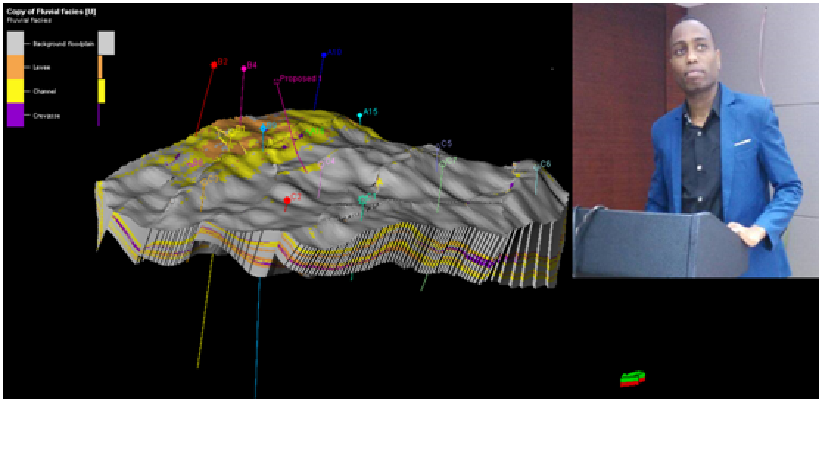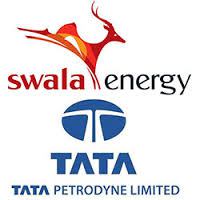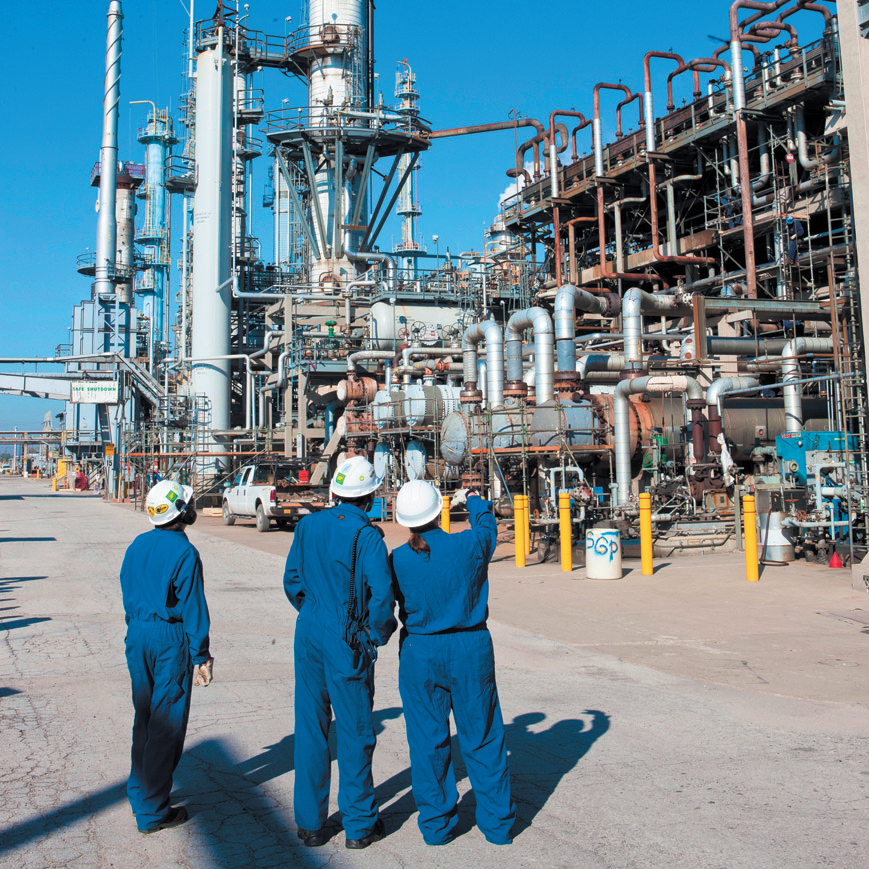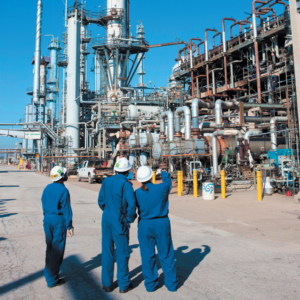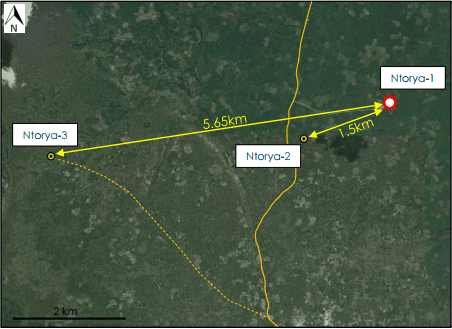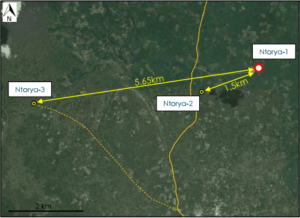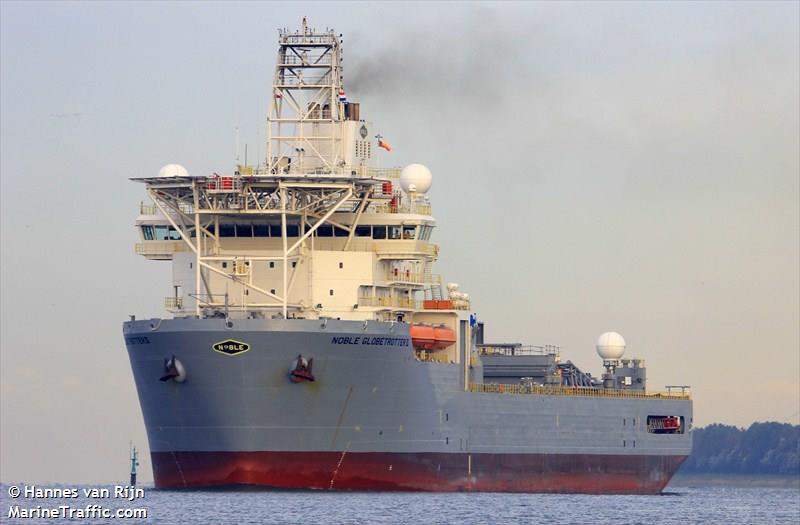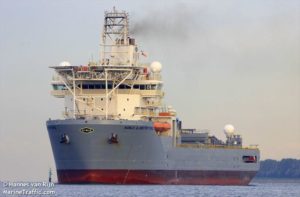The major constraint that holds back many Tanzanians from grabbing the opportunity in the oil and gas sector is the lack of information about the current opportunities in this Industry.
Many local suppliers and services providers even job seekers don’t aware of the existing opportunity in this booming sector. This lack of information prevent many Tanzanian entrepreneurs from identifying project they might bid or the services they can offer.
But the simple truth is, you can easily see opportunities in this industry if you know how oil and gas really work,
Oil and gas companies will never knock on your door and tell you about coming opportunities
In reality, oil and gas sector is the relationship industry. People in this industry they prefer to do business with people they know and like. And they are doing this because this is big dollar business, oil companies put a lot of risks to work or do business with people they don’t know. So you’ll never hear opportunities in this industry are advertised on the newspaper, radio or Tv stations.
And if you hear such kind of announcement perhaps would be the oil companies sell their share, so they want you to go and buy their stock at Dar es salam Stock market.
Like what they did, An Australian based exploration and production company, Swala Energy in 2013.When they announced to sell their share in Dar es salaam stock market. And Tanzanians flocked to buy.
So are you wondering how you can recognize oil and gas business opportunities in Tanzania? Read on to find out.
1.Do your Homework
The first step of searching for oil and gas business opportunity in Tanzania is to find out what’s going on the regions where there are oil and gas activities in Tanzania such as Mtwara and Lindi.
Find out what are international oil and gas companies are there and what they are doing. Because each phase of oil and gas projects needs a certain kind of workforce and different types of products or services. Are they search for oil and gas resources or the produced gas? Are they drilling or they are in the exploration phase.
Read:How-to-organize-oil-and-gas-event-in-Tanzania-and-make-millions
In fact, the kind of products and services required by oil and gas companies differ based on the stages of the oil and gas projects. Sound confusing, let me clarify
Example 01:Imagine an international oil and gas companies are doing seismic exploration on the southern part of our country. So here is an example of goods and services they will buy from you:
Drill bit Foodstuff Dynamites and Caps
Fuel and Lubricants Freight transport Transporation
Parts and repairs service Recording paper and magnetic tapes
Example two: If companies are drilling an exploration well. If you don’t know an exploration well. Is well drilled to confirm if there’s sufficient oil and gas to be extracted
In this phase, they will need the following products and services
Drilling rig
Camp catering
Drilling bit
Drilling fluid supplies
Fuel etc
Example 03: If an oil and gas companies are production phase. That’s they bring oil and natural gas to the surface, they will need to buy the following items and services:
Safety and consulting,
well drilling an testing,
electrical and mechanical installation and maintenance,
perforation, simulation, drill pipe and collars, safety equipment, wellhead equipment, boilers, oil field tools etc
So each stage of oil and gas projects offer different opportunities. So if you know who and what the oil and gas companies are in Mtwara there. You’ll equip yourself on what your business can do for them.
2.Knock on the door
Once you find what’s going on the remote areas, Then figure out what your business can do for the client. As I told you earlier the oil and gas industry is the personal contact business, so never expect for the client to knock on your door so instead, you have to go for them. If you’re supply business approach their head office. Many oil and gas companies have their head office in Dar es salaam. Go try to sit down with purchasing manager and tell them what your business can do for them. Once you talk to procurement manager, be honest and never promise what you can’t deliver.
3.Visit regions with oil and gas activities in Tanzania
To be honest with you, Many oil and gas companies in Tanzania are in the exploration and production phase. So In this stage, many buying decision of products and services are made on the job site.
If you visit these companies several times you will easily get the information of what clients needs. Job site visits can also build the reputation of your business because oil companies believe that you can help them on emergency time and make delivery fast. So have a presence in Mtwara there and talk to field manager that you can help them with a particular services or items
4.Follow Up
Never accept the “No” answer, If you visit your client today and respond that “ We have no business for you” never gives up. Thanks to him and tell him you will be back somedays.
This is important because the more you have face to face with your client, the more you build trust as result of making sales. Make follow up until you get sales or the client says “ You shouldn’t get back in our office again” otherwise you should get back to them. The oil and gas industry is a competitive industry.
To stand out in front of others you should ensure constant presence to the clients, This will enable you to know the existing situation of your clients
5.Socialize with other oil and gas stakeholders In Tanzania
Here’s key on identifying opportunities in this industry. Keep in touch with local employees who work with these multinational oil and gas members, join social groups for Tanzania’s oil and gas sector. Ask referrals for your friends. And attend oil and gas events in Tanzania. And make sure you have high value interaction with oil and gas stakeholders you meet.
There’s no magic formula, the business opportunity in the oil and gas sector are found through hard working, preparation and honesty. So if you really need tap opportunities in the oil and gas sector in Tanzania, you should stop doing what’s comfortable for you. And that’s staying behind your computer screen, shooting an email to several clients and hoping will gain a work from the oil and gas companies in Tanzania.
Instead, assess your business,go out there and meet as many clients as you can, follow up, and once you get a job, deliver early and on time.
Hussein Boffu
Recent Petroleum Geoscience Graduate
Email:Hussein.Boffu@tanzaniapetroleum.com
Mobile+255655376543





